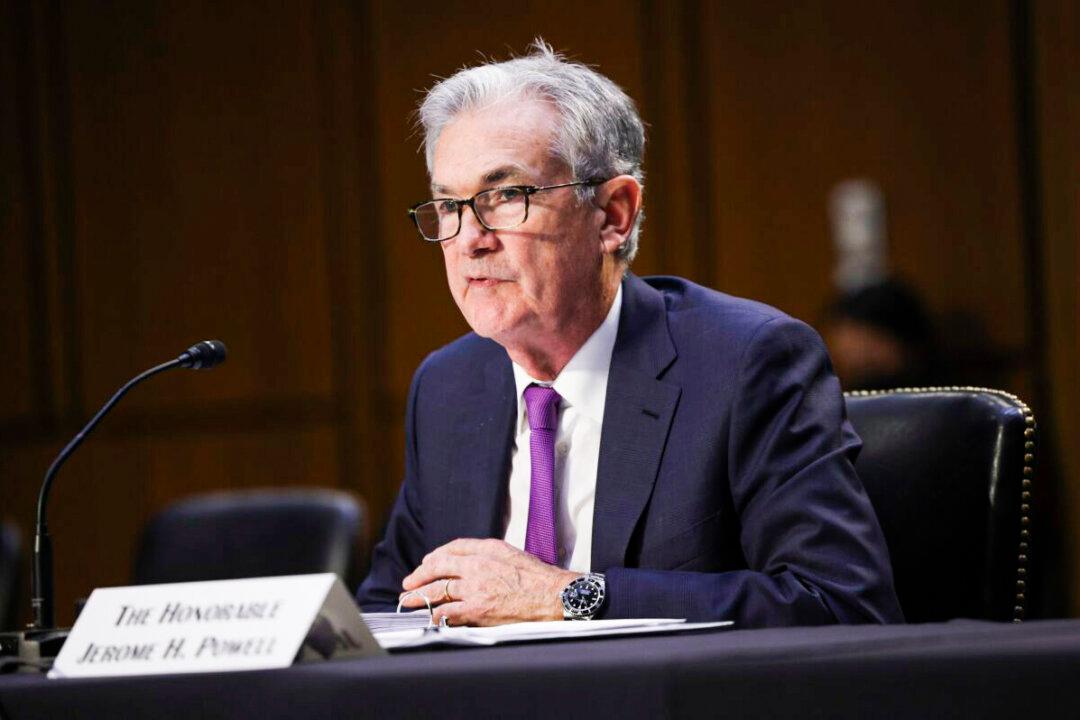Federal Reserve Chair Jerome Powell said Wednesday that he expects a normalization of the supply chain snarl that has led to shortages of key production materials and helped push inflation up to a 30-year high, but the timing of the fix remains “highly uncertain.”
Powell made the remarks in a speech (pdf) following the conclusion of the Fed’s two-day policy meeting on Nov. 3, at which the central bank left interest rates unchanged but voted to proceed with a gradual rollback of the central bank’s massive bond-buying program.





